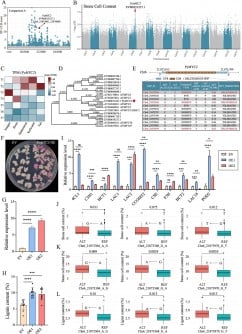The dissolution of personal relationships can significantly increase the risk of domestic violence, according to recent research from the University of Michigan. The study highlights how emotional turmoil during a breakup can escalate tensions, leading to confrontations and, in some cases, violence. Understanding the factors that contribute to this volatility is essential for both prevention and intervention efforts.
The complex dynamics surrounding relationship endings make it challenging to predict which breakups might lead to violent outcomes. The research conducted by Prof. Jennifer Johnson emphasizes that several factors, including the duration of the relationship, prior experiences of violence, and individual mental health issues, play crucial roles.
Understanding the Triggers of Domestic Violence
A significant finding from the study indicates that individuals who experience frequent conflict during their relationship are more likely to resort to violent behavior following a breakup. This aligns with data from the National Institute of Justice, which shows that relationship conflict is a strong predictor of domestic violence incidents.
Prof. Johnson notes, “Our analysis reveals that the emotional distress caused by breakups can lead individuals to act out in harmful ways.” This insight underscores the need for mental health resources and support systems aimed at individuals going through relationship difficulties.
Moreover, the research highlights that breakups involving children can intensify these conflicts. Parents navigating custody arrangements are particularly vulnerable to emotional escalation, which can result in heightened risks of domestic violence.
Implications for Policy and Prevention
The implications of this research extend beyond individual relationships, affecting broader societal issues. Policymakers and community organizations must address the increased risk of domestic violence during and after relationship dissolution.
Programs focusing on conflict resolution, emotional support, and mental health resources could provide vital assistance to those experiencing the fallout from breakups. Prof. Johnson advocates for enhanced educational initiatives that teach individuals how to manage relationship conflicts healthily and constructively.
The findings resonate not only in the United States but also in the United Kingdom, where domestic violence rates have seen alarming increases in recent years. Addressing the underlying issues that contribute to violent outcomes during breakups can foster safer environments for individuals and families.
As society continues to grapple with the implications of domestic violence, understanding the connection between relationship dissolution and violent behavior remains a critical area for research and intervention. By fostering awareness and providing support, communities can work towards reducing the incidence of violence associated with breakups.







